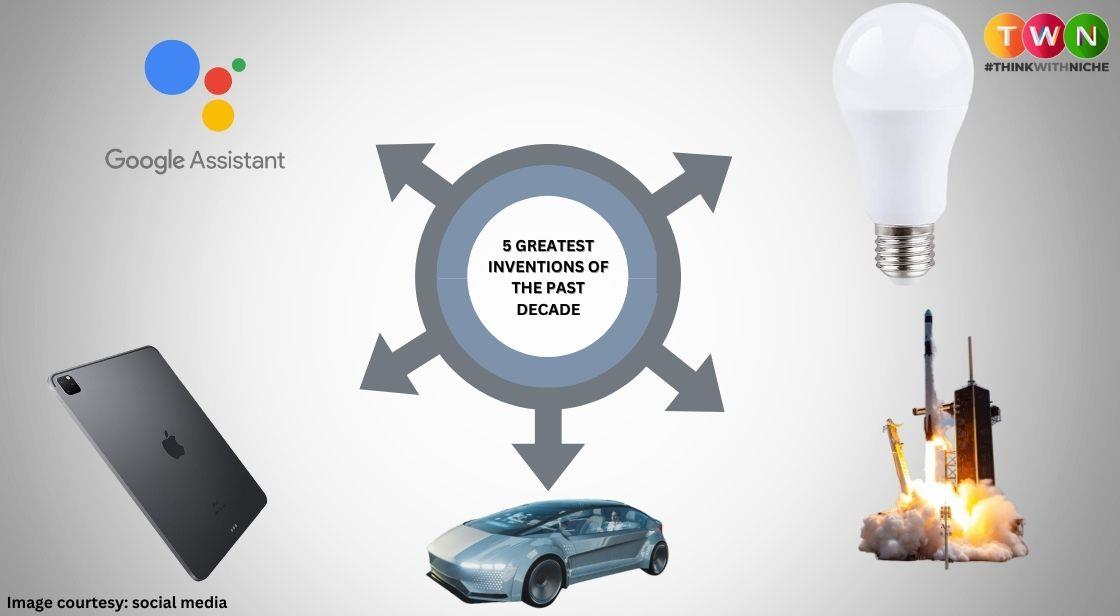10 Life Lessons from Azim PremJi
Every entrepreneur has the potential to succeed. But it's crucial to avoid being arrogant as a result of your success. Premji says as much. He has always urged young entrepreneurs to have a grounded attitude since the moment one allows success to enter his head, he is already headed towards failure. He has also emphasized how natural it is for both success and failure to occur. Therefore, once you fail, always take something from it and move on.
Azim Premji, a pillar of the Indian IT industry, is credited with diversifying Wipro, which began as a maker of vegetables and refined oils in Amalner, Maharashtra's district Jalgaon. The 76-year-old business magnate took command when he was just 21 years old and has since shared many of the lessons he has gained throughout his journey with India's youth. Let's take a quick look at Azim Premji's life journey and achievements before we begin exploring our topic.
Azim Premji’s Early Life
Take a look at this brilliant, remarkable journey. Western India Vegetable Products was founded in Maharashtra by Mohd Premji, the father of Azim Premji. This company previously produced laundry soap and cooking oil under the brand name Sunflower Oil.
Azim Premji joined Stanford University to study Electrical Engineering after completing his secondary education in Mumbai. He received the news of his father's unexpected death when he was just 21 years old. He quickly left his Engineering school midway through and returned to India to take over his father's business.
Azim Premji's Struggle
After he joined the company, one shareholder once publicly suggested that Mr. Azim Premji step down during an annual meeting. A 21-year-old boy can't run a business, he claimed, because it is excessively complex. Prior to this meeting, Azim Premji lacked confidence in his abilities. But following this event, he felt more confident. He made a commitment to himself that he would do everything in his capacity to expand the business going forward.
He had no prior business management experience. He had a really challenging first few years. He used to spend more time at the plant alone in order to better understand the company. He then began managing the business in his manner.
To Read This Full ARTICLE, Click Here



